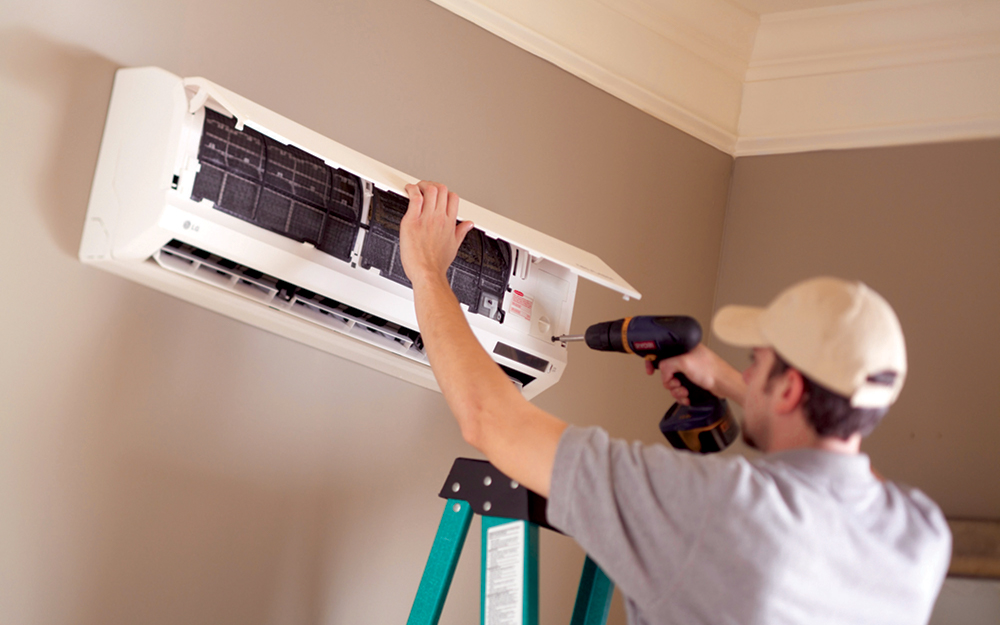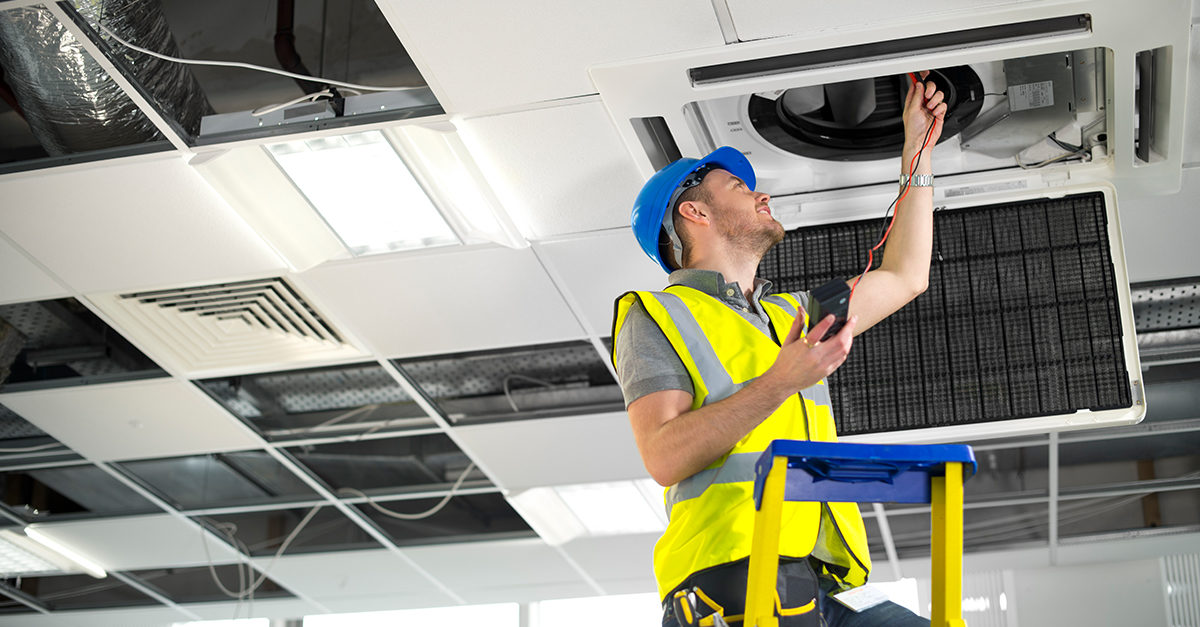Maintaining a clean and fresh-smelling environment is essential for both homeowners and business owners. One common issue that disrupts this goal is a smelly HVAC system. Thankfully, with the right smelly HVAC system maintenance tips, you can ensure your air remains fresh and inviting. In this article, we will explore various strategies to tackle unpleasant odors, ensuring your HVAC system remains efficient and odor-free.

Understanding the Impact of a Smelly HVAC System
A smelly HVAC system can be more than just a nuisance. It can affect the overall comfort and health of your indoor environment. Odors may indicate underlying issues that, if left unaddressed, could lead to costly repairs or replacements. Thus, understanding these impacts is the first step toward effective maintenance.
Potential Causes of HVAC Odors
Before diving into smelly HVAC system maintenance tips, it’s crucial to identify the potential causes of these odors. Some common causes include:
- Mold or mildew growth within the system
- Clogged or dirty filters
- Dead animals or pests trapped in the ducts
- Accumulation of dust and debris
Regular Maintenance Tips for a Fresh-Smelling HVAC System
1. Replace or Clean Air Filters
Air filters play a significant role in maintaining indoor air quality. Regularly replacing or cleaning air filters prevents the buildup of dust and allergens, reducing the chances of unpleasant odors.
2. Schedule Professional Duct Cleaning
Over time, ducts can accumulate dust, debris, and even pests, leading to musty odors. Scheduling regular professional duct cleaning is a proactive measure to prevent this. For more insights, you can refer to our guide on air conditioning smells solutions.
3. Regularly Inspect the System
Frequent inspections help identify issues before they escalate. Check for mold growth, leaks, or any signs of damage. Early detection can save you from extensive repairs and keep odors at bay.
4. Use Odor Neutralizers
Consider using HVAC-approved odor neutralizers. These products can help eliminate odors without damaging the system or affecting air quality.
Addressing Specific HVAC Odors
1. Musty Odors
Musty odors often indicate mold or mildew growth. To address this, ensure your system is properly ventilated and humidity levels are controlled. For detailed steps on eliminating musty smells, visit Trane’s guide.
2. Burning Smells
Burning smells may suggest electrical issues or overheating components. If you detect such odors, it’s crucial to contact a professional immediately to avoid potential hazards.
3. Chemical Smells
Chemical odors may be due to refrigerant leaks. These should be addressed by a certified technician to maintain system efficiency and safety.
Preventative Measures for Long-Term Freshness
1. Invest in a Dehumidifier
High humidity levels can lead to mold growth and musty odors. A dehumidifier can help maintain optimal humidity levels, preventing these issues.
2. Seal Duct Leaks
Leaky ducts can let in unwanted odors and contaminants. Regularly inspect and seal any leaks to ensure clean and fresh air circulation.
3. Regular HVAC Tune-Ups
Annual tune-ups by a professional can enhance system performance and detect potential odor-causing issues early.

Frequently Asked Questions
What causes my HVAC system to smell musty?
Musty smells often result from mold or mildew growth due to excess moisture in the system. Regular cleaning and humidity control can help prevent this.
How often should I clean my HVAC ducts?
It’s recommended to clean your HVAC ducts every 3 to 5 years, depending on usage and environmental factors. More frequent cleaning may be necessary if you notice persistent odors.
Can I use household air fresheners in my HVAC system?
While household air fresheners can temporarily mask odors, they are not a long-term solution. It’s best to address the root cause of the odor for lasting freshness.
For more detailed information on preventing HVAC odors, check out our preventive checklist.
This article contains affiliate links. We may earn a commission at no extra cost to you.